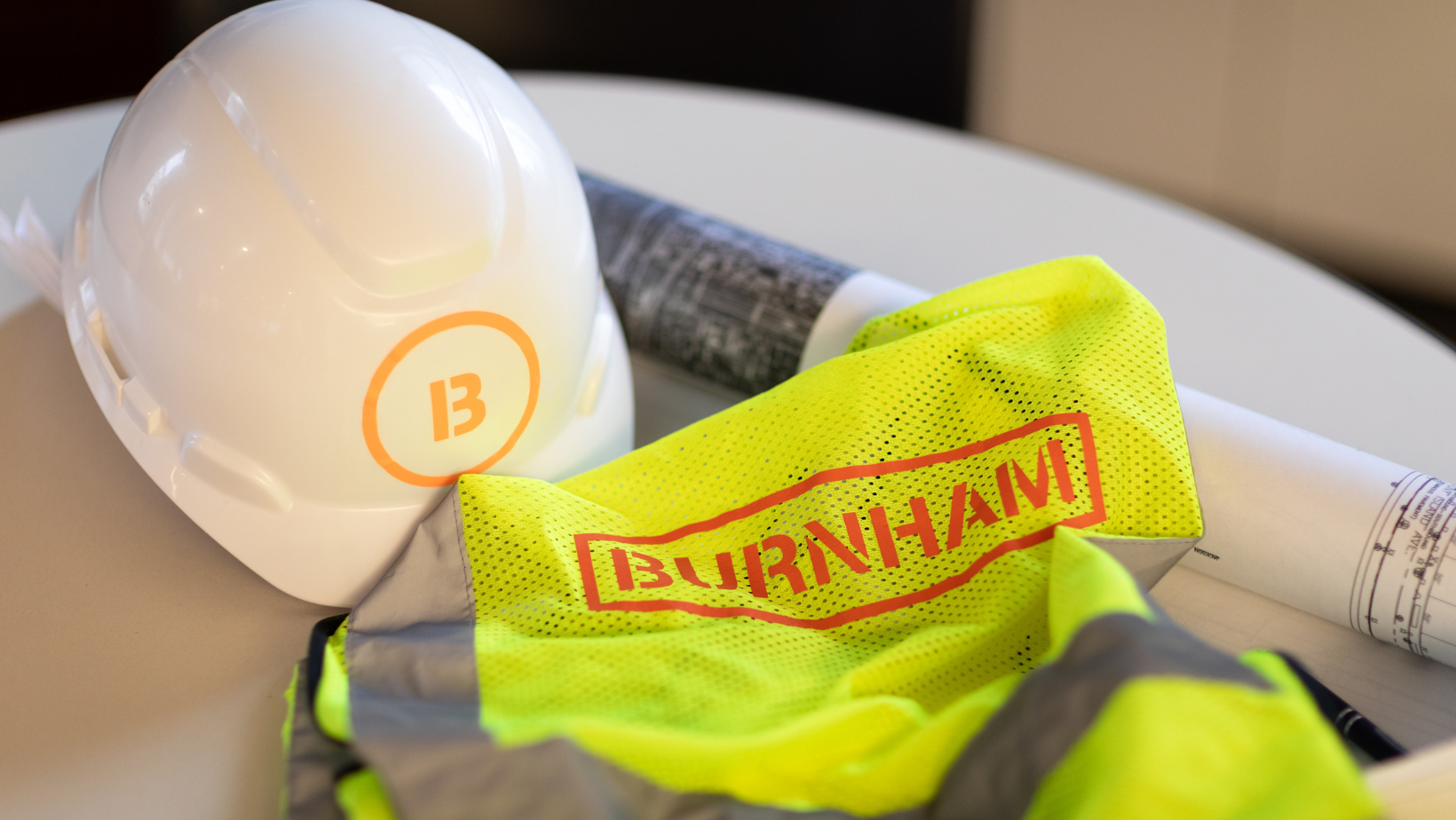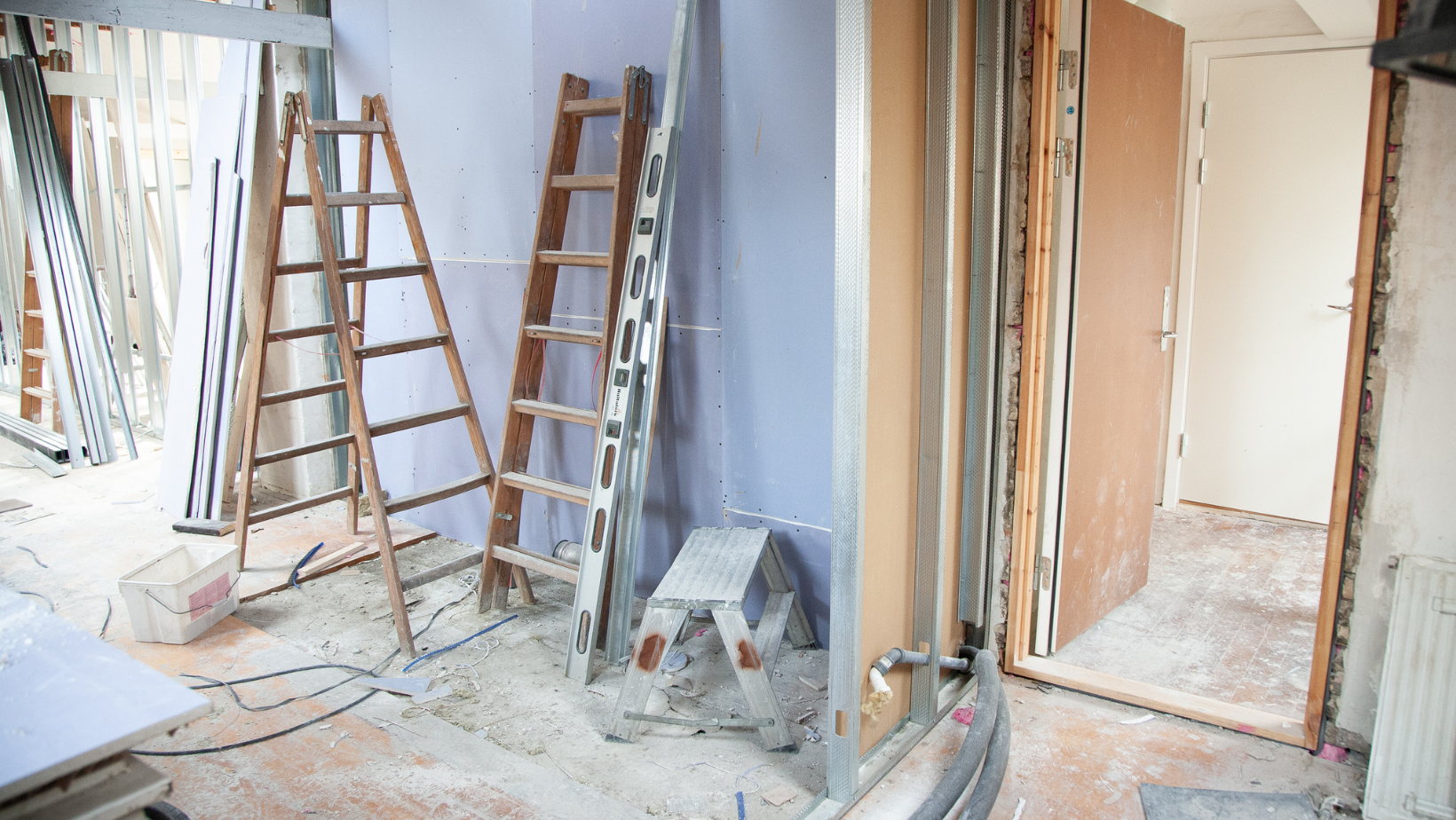What You Need to Know About Building Permits in Denver

Posted by Lindsey Fleener

The City and County of Denver issued almost 68,000 building permits in 2015, the most since before the Great Recession, according to The Denver Post. The building permit process in Denver is always evolving, and like municipalities and cities across the country, it can be difficult to stay on top of the Denver building code. That's where serices like permit expediting and code consulting can make a real difference. Here are four things you should know about the building permit process in Denver.
image by Henry Desro
Denver is Seeing Unprecedented Permit Demand
Before diving into the Denver permit process, it is important to know that Denver is experiencing unprecedented demand for building permits. High permit demand can affect your project’s review time and your wait time at the permit counter.
The City of Denver is taking major steps to improve the services they provide, including hiring, paying overtime, and outsourcing some reviews. Denver Development Services continues to work hard and keep pace with demand while making long-term, changes for success. You can view current estimated review times on the Denver Development Services website.
You can also check the status of your Denver building permits and reviews online by entering your log number, which you receive when you submit your application and plans. For many developers, working with a permit expediting teams helps avoid unnecessary delays and ensures applications are submitted correctly the first time.
Types of Building Permits in Denver
Most building projects in the City and County of Denver including new construction, remodeling and repairs require general construction permits (#1R or #1C) to allow construction, and then trade-specific permits for each part of the project.
Here are a few of the different trade-specific permits that may be required for your project:
- Residential: Permits for residential buildings include single and multi-family homes, home/office combinations, homeless shelters, residential care facilities, and even correctional facilities.
- Civic, Public, and Institutional: These types of building permits cover utility buildings, recreation centers, daycare centers, parks and open spaces, cemeteries, schools, and churches.
- Commercial Sales, Service, and Repair Buildings: These permits include arts and entertainment, medical/dental, parking, restaurants and pubs, tattoo parlors, pawn shops, and more.
- Industrial, Manufacturing, and Wholesale: This includes buildings for telecommunications, contractors, oil and gas drilling, quarries, wind energy, transportation hubs, junkyards, recycling centers, storage buildings, and more.
- Agricultural: These building permits are for aquaculture, urban gardens, and plant nurseries, as well as farms.
Understanding the correct permit type early on and working with a team that offers code consulting - can save time and prevent errors that may delay approval.
Building Permit Plan Reviews
Before the permits are issued, most projects undergo a building permit plan review. This step ensures your project meets building code and compliance requirements. There are some instances where only a trade specific permit or a quick permit is issued with no review required.
There are two types of log-in reviews:
Main Log and Intermediate Project Log Review. The type of review you need depends upon the complexity of your project. Projects under $300,000 may qualify for same-day reviews if no additional agency approvals are required. More complex projects over $300,000 require full logged-in reviews. Projects that qualify for a same day review have a total construction value less than $300,000.00, do not require approval from any other agency, or projects that have been approved by the Building Official for same day review. More complex construction projects with a total construction value greater than $300,000.00 are required to be logged in for review.
Because a missed code requirement or incomplete documentation can set projects back weeks, many developers turn to permit expediting services. Combined with professional code consulting, this helps ensure plans meet requirements before submission.
Main Log Review:
This is the default method of review. It is always appropriate, and preferred that project applications are submitted for review on the Major Project Log, known as the M-Log for commercial projects and the R-Log for residential projects.
Intermediate Project Log Review:
Project applications of lesser complexity and/or scope may be reviewed as a Intermediate Project (X-Log) review for commercial/multi family projects and the P-Log for residential projects. For commercial projects, this method of review is only allowable on projects with valuation less than $500,000.00, or with prior arrangement and approval from the Building Official. For residential projects, this method of review is only allowable on projects with prior arrangement and approval from the Building Official, or projects of intermediate complexity.
Permit Appeal Process
If a permit isn’t approved or a portion of your project doesn’t pass inspection, you can file an appeal application with the Board of Appeals. When it’s time to make your case, follow these guidelines to put your best foot forward, including:
- Arrive on time, even if your case isn’t presented first.
- You’ll have about 15 minutes; be prepared and organized.
- Complex cases may require multiple appearances.
- If possible, have the project owner present.
- Know the Code well enough to present your interpretation intelligently.
How Burnham Nationwide Can Help
Navigating Denver's building process can feel overwhelming. That's where Burnham Nationwide comes in. Our team specializes in permit expediting and code consulting to keep projects compliant, efficient, and on schedule.
We’ll inspect your project, analyze your plans, identify potential issues, and provide solutions before they lead to costly delays. Whether you're dealing with new construction, remodeling, or complex reviews, Burnham is here to help your project move forward smoothly.





